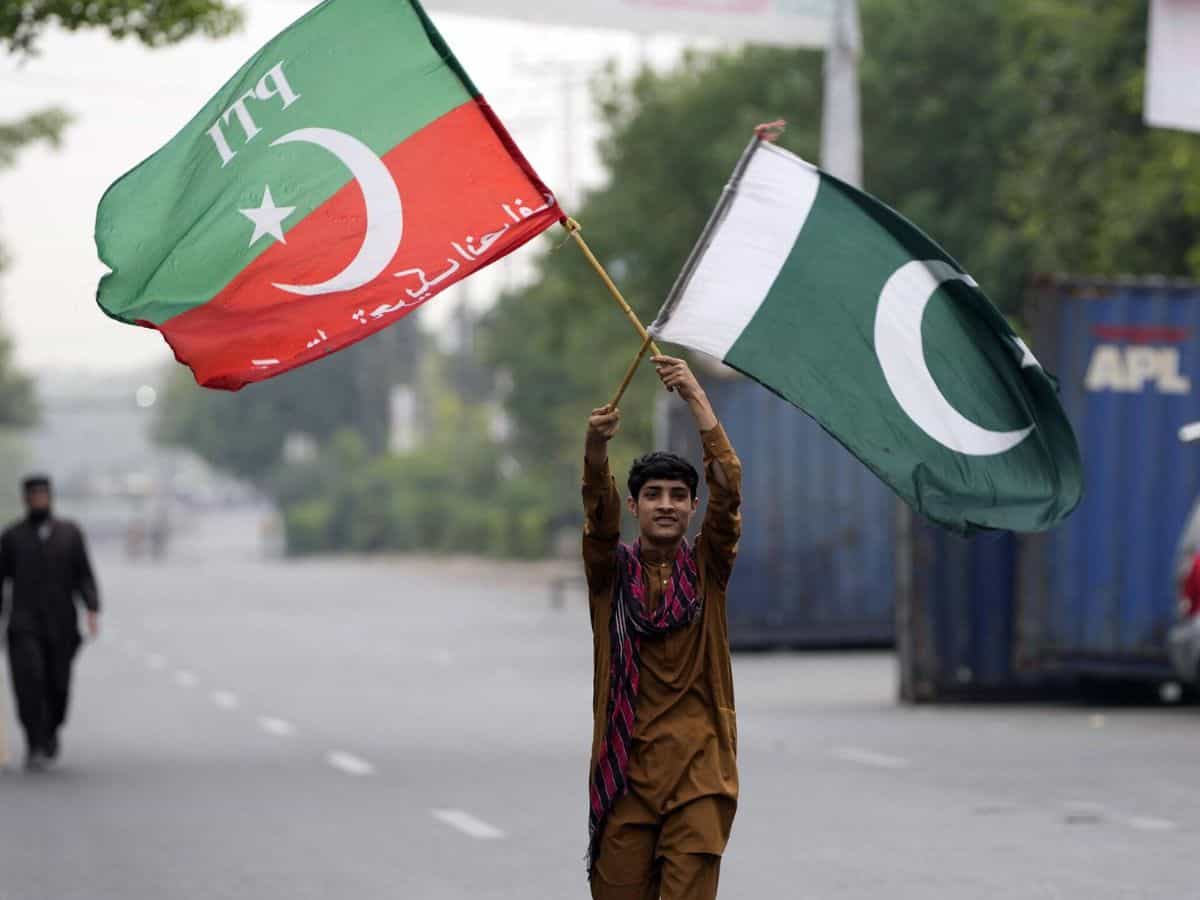
Islamabad: As general elections inch closer in Pakistan, for former premier Imran Khan and the top leadership of his Tehreek-e-Insaf (PTI) party the going is getting tougher as it faces rejection of nomination papers by the Election Commission.
In the latest such case, the nomination papers of dozens of candidates of the PTI including its chief and founder Imran Khan have been rejected by the returning officers during scrutiny. The rejected candidates include almost all the top leaders of the PTI, prompting them to file appeals before the court seeking approval of their nominations.
On the other hand, while the papers of the PTI candidates are being rejected on various grounds; it seems to be smooth sailing towards victory for the Pakistan Muslim League – Nawaz (PML-N) as the nomination papers of former premier and founder of the PML-N Mian Muhammad Nawaz Sharif were approved by the returning officer.
However, a PTI lawyer has challenged the acceptance of Sharif’s papers and has raised objections under Section 63 of the Election Act.
The acceptance of one party and rejection of its opposition party’s nomination papers marks a significant phase in the electoral process. The rejected candidates have now moved the high court, which has commenced accepting the appeals against the approval and rejection of papers for both the national and provincial assembly seats.
A ECP spokesperson confirmed that several PTI candidates have submitted appeals in the tribunals, comprising of high court judges, challenging their rejection by the returning officers.
As per statistics, at least 3,000 nomination papers have been rejected out of the total 25,951 scrutinised nationwide, the majority of which are of PTI candidates.
As per the ECP, a total of 22,711 nomination papers were approved, while at least 1.024 for the National Assembly seats and 2,216 for the provincial assemblies were rejected.
Also, the legal proceedings against high-profile political figures is having a major impact on the electoral process. Imran Khan is behind bars in various cases of corruption and the attacks on the powerful military establishment’s installations on 9th May 2023. He has not only seen his government ousted, but also his party’s visible cleansing and dismantlement through mass arrests, detentions, legal cases and pressure resulting in many top leaders parting ways.
The anti-establishment narrative of Imran Khan and the angry protests and the riots witnessed on 9th May 2023 over his arrest in Islamabad have resulted in a disastrous situation for his leadership and for contesting the upcoming polls.
And this is clearly reflecting in the treatment being given to Khan and his political leadership, which is now being majorly represented by more lawyers and rights activists than politicians.
Analysts say that the way the PTI has been treated, dismantled and kept away from a strong representation in the upcoming general elections, and given the fact that it is still a serious political force and has the right to contest the polls as a popular party with nationwide support among the masses, leads to serious reservations about the transparency of the elections and may lead to accusations of the polls not being free and fair.

